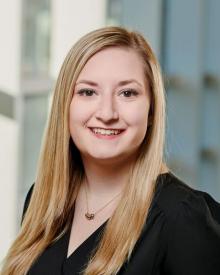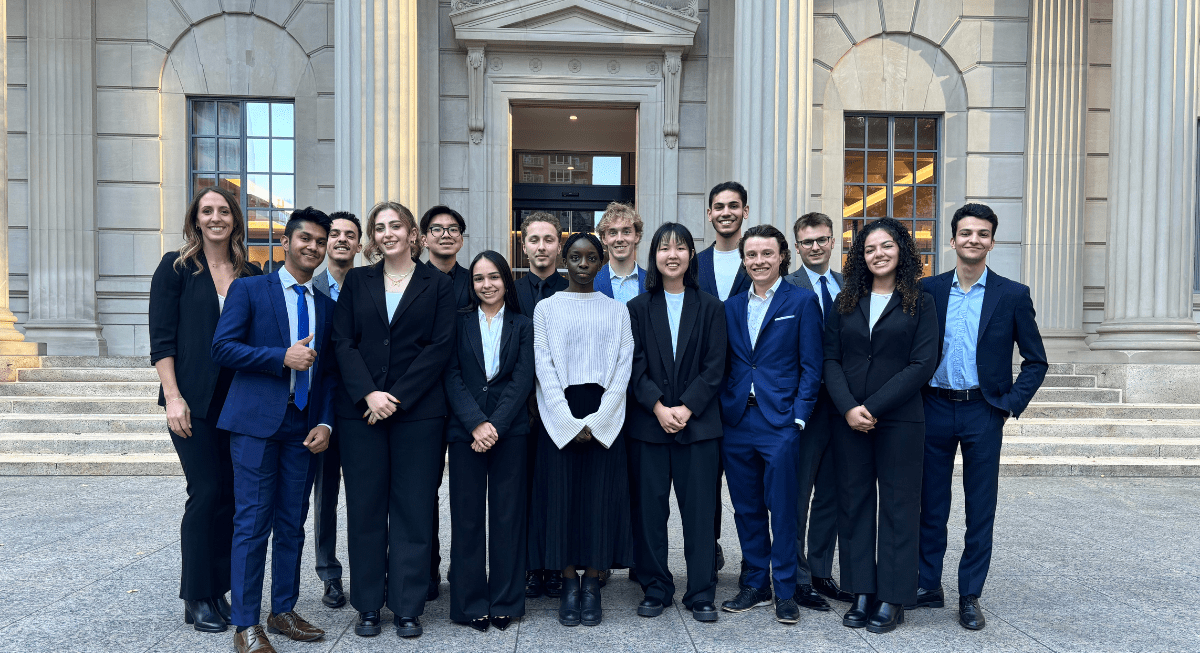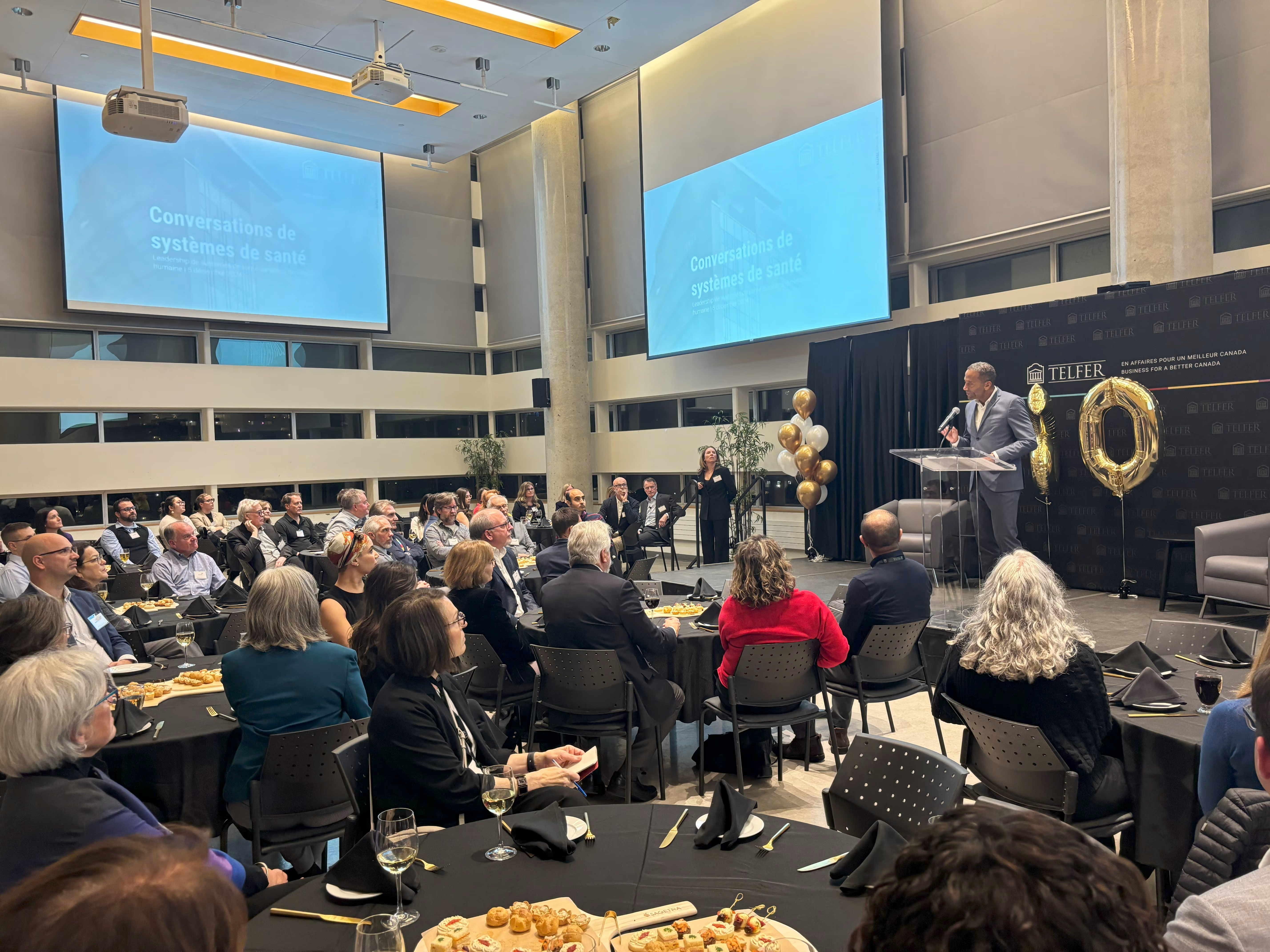On January 18th, 2021, Telfer Nation celebrated an important milestone in the young history of its Doctorate in Management program when Vusal Babashov successfully defended his thesis and became the first PhD graduate of the School. Like the challenges of a candidate’s doctorate journey, the celebrations were well in order as it took a lot of effort, research, and the work of a whole team of faculty and staff members to finally create what is now the renowned PhD program at the Telfer School of Management.
History of the Telfer PhD
Developing a new degree program, especially a doctorate program, is a long process and an exciting challenge for any academic team. Telfer’s executive team, faculty members, and graduate office came together to create a program that reflects the vision of the School, the value of a PhD and cutting-edge, valuable learning experiences for students. The program’s evolution also exemplifies the leadership of women faculty and staff in all phases of development, including inception, design, implementation and evaluation.

The School had been in discussions about creating a PhD program for nearly 40 years.
Telfer’s former Dean, François Julien, shared the challenges that come along with creating a new program: “The most credible and reputable PhD Programs are anchored in research excellence. The prerequisite to creating a PhD Program was to build a research culture within the School, and to develop faculty members in graduate supervision. The School-wide research culture was built over the past twenty years through various incentives to stimulate research productivity and excellence, and through the recruitment of professors who were not only excellent in education and teaching, but who were also actively engaged in influential and impactful research programs.”
At least four previous attempts to develop and launch Telfer’s PhD program were initiated in 1995, 1999, 2004 with Clarkson University, and 2008 with Babson College, respectively. The creation of a PhD program is truly a lengthy ordeal, as a lot of important facets need to be in place before anything official can happen.
Progress towards elevating research excellence at the School in hopes to eventually launch the PhD was well underway when the School created two research-based M.Sc. programs. The creation of the M.Sc. in Management in 2007 was directed by Professor Ajax Persaud who led colleagues in the Innovation and Entrepreneurship fields. The M.Sc. in Health Systems was launched in 2008 with Professor Wojtek Michalowski who led colleagues in the Health Systems Management field.
Dean Julien reflected on his involvement in these programs as Associate Dean of Programs and as the School’s Vice-Dean between the years of 2005 and 2010: “I had the pleasure of participating in faculty recruitment, and to work with colleagues in the creation of the School’s first research-based programs. Later, as Dean, I supported Professor Barbara Orser in the development of the PhD program, and Professors Silvia Bonaccio, Mirou Jaana, and Samia Chreim who successively became PhD Program Directors.”
In 2009, Telfer established a Graduate Studies Taskforce to consider a ‘built-in-Telfer’ doctorate, and in 2010 the Telfer PhD Committee was formed to establish standards for the program and conduct research into existing Canadian and international doctoral degrees.
Subsequently, 2011 and 2012 were the years when program details such as curricula, disciplines, and structure were established. These decisions were made collaboratively through consultations with faculty members and various stakeholders, benchmarking with and market research of competing programs. Many lengthy proposals were written, including plans for new faculty positions. Professor Barbara Orser served as the Chair of the Telfer PhD Committee from 2010 to 2013 and worked on setting up these program details alongside Danielle Bennett, the Executive Administrator of Telfer’s Graduate Programs at the time.
In 2013, approvals were reached with the University of Ottawa’s Senate and a number of its committees, the Ontario Ministry of Colleges and Universities, and the Ontario Universities Council on Quality Assurance.
This then led to an evolving discussion on cross-disciplinary studies, and to bringing on new hires to doctoral students. Five key fields of study were created within the program: Accounting and Control, Entrepreneurship, Finance, Health Systems, and Organizational Behaviour and Human Resources. Each PhD candidate would choose one of these fields in which to specialize through their research and seminars.
Prior to 2016, the Telfer School was already offering several programs targeting different audiences: a bachelor’s degree for young professionals starting their careers, professional masters' programs for early to mid-career managers and emerging leaders, research-based masters programs for aspiring analysts, management researchers and consultants, and executive programs for experienced professionals.
In 2016, the program was officially opened for business when Professor Silvia Bonaccio led the program as the first PhD Program Director. Professor Bonaccio was glad to see the PhD program added to our portfolio: “this was the next step in the growth of the Telfer School; we had a roster of world-class professors who were eager for the opportunity to work alongside doctoral students and train the next generation of researchers. I was thrilled to earn the responsibility of being the first director.”
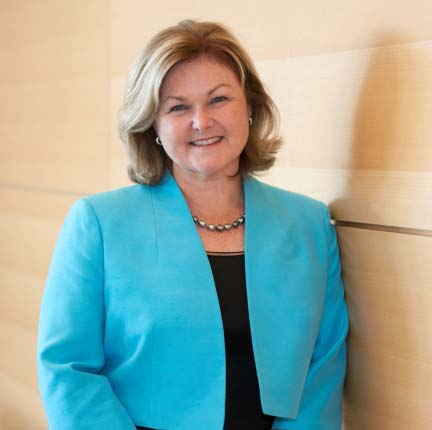
Former Vice-Dean of Research and former Interim Dean, Wojtek Michalowski, shared that the program was truly a result of hard work: “The program was created because of Dean Francois Julien’s leadership and because of the hard work and dedication of Professor Barbara Orser.”
Dean Julien reflected on the value added to Telfer once the doors were opened up to PhD in Management students: “Adding a PhD Program to our roster allowed us to complete our program portfolio. The program puts the Telfer School in a different league. It speaks to the academic rigour and excellence of its faculty members and allows us to attract and recruit talented professors, and students alike.”
Now that the program was set up for success, all it took was the right leader to steer the ship that is the Telfer PhD. Professor Silvia Bonaccio was up for the task.
Launching the Program
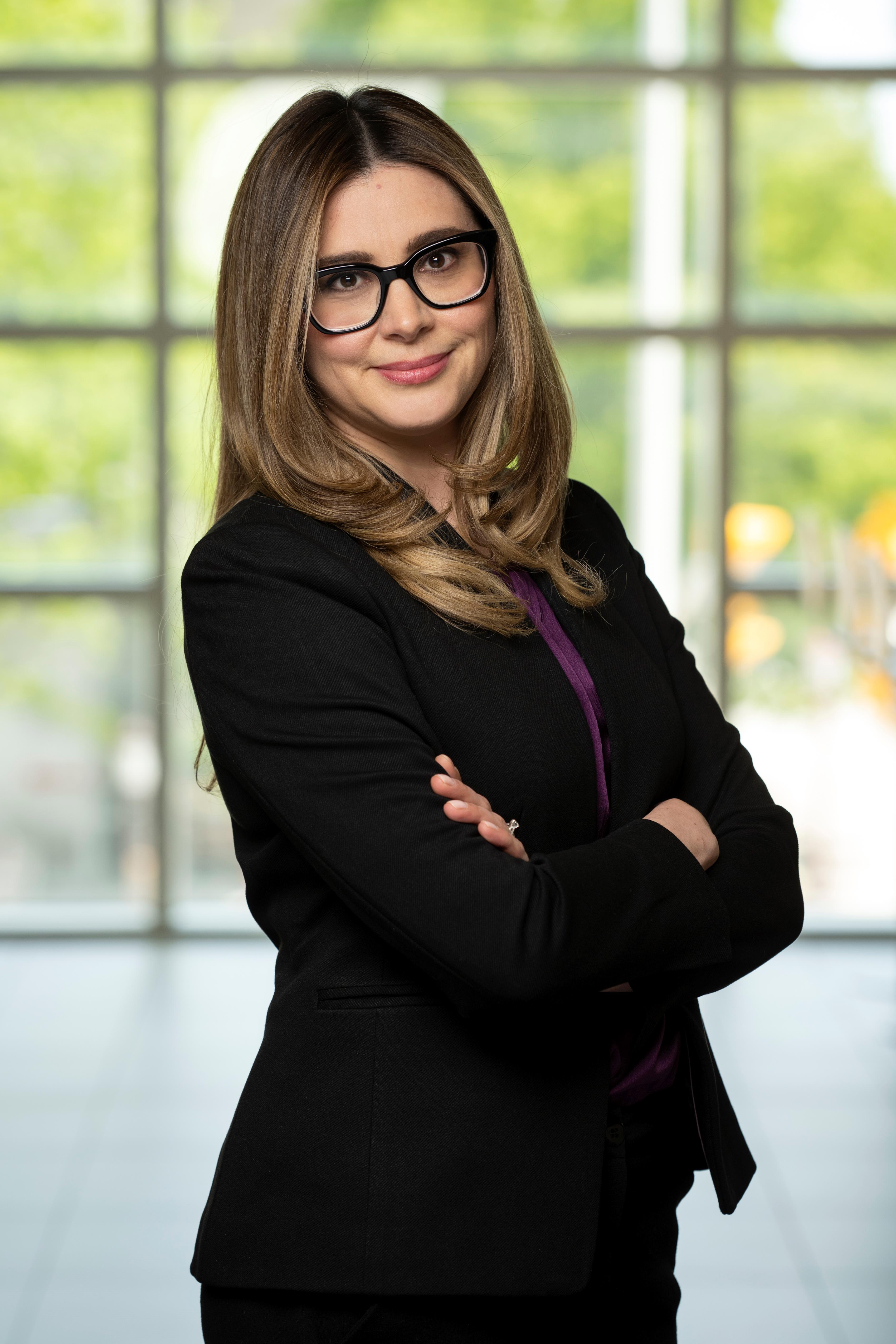
Silvia Bonaccio, Ian Telfer Professor of Workplace Psychology, was named the first director of the PhD program and has been instrumental in making the program what it is today. She led the program for five years from 2013 to 2018 and worked behind-the-scenes for more than 2 years on building the program prior to its official launch in 2016. Having the chance to finally welcome the first cohort of Telfer doctoral students is still a fresh memory for Professor Bonaccio: “The first weeks were some of the most thrilling ones of my close to 15 years at Telfer. Admitting the first cohort so that they could work alongside our professors on essential, impactful, and exciting research was my biggest accomplishment as director.”
The addition of the PhD to our research-based graduate programs portfolio is the most significant change at the School in the past decade, according to Professor Bonaccio: “This addition shifted us into a new group of institutional peers, as doctoral-granting institutions are a select group.”
Thanks to her leadership, the program has continued to grow and improve since its launch. As applicant and admission numbers keep increasing each year, the School has been able to maintain the highest standards for its diverse group of admitted students.
By the time Professor Mirou Jaana, current Telfer MHA Program Director, took over as PhD Program Director, Telfer had also welcomed a considerable number of new faculty members who were active researchers from various management areas.
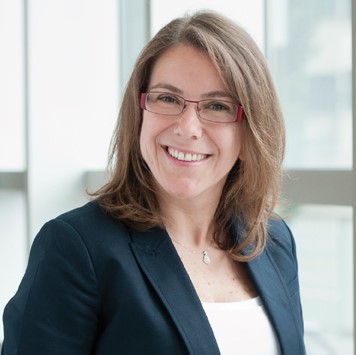
This growth as well as the successful research performance of Telfer’s students (e.g., publications, presentations in conferences or meetings, recipient of awards or grants), attests to the successful evolution and maturity of the program. “Since its launch, the PhD had gained growing visibility and developed a strong reputation, which allowed it to attract an increasing number of diverse applicants from all around the world,” reflected Professor Jaana.
Above all, what makes the success of the program, according to Professor Jaana, is the support offered to students throughout their academic curriculum as well as the quality of the teaching experience. “The program provides attractive funding and support for students over a period of 4 years,” said Professor Jaana. “During their studies, PhD students can specialize in what have now become six fields of study, led by experienced, world-class and dedicated faculty.”
Professor Jaana’s mandate as Director was marked by a program revision: “The biggest accomplishment during my tenure was launching the first revision of the PhD Program, which resulted, among other changes, in the addition of a new field in Organization and Strategy,” noted Professor Jaana. “This new field will present research opportunities for PhD students who are interested in specializing in this area. The program revision also led to improvements and changes, which strengthened the experience of students and added more flexibility in relation to the program delivery.”
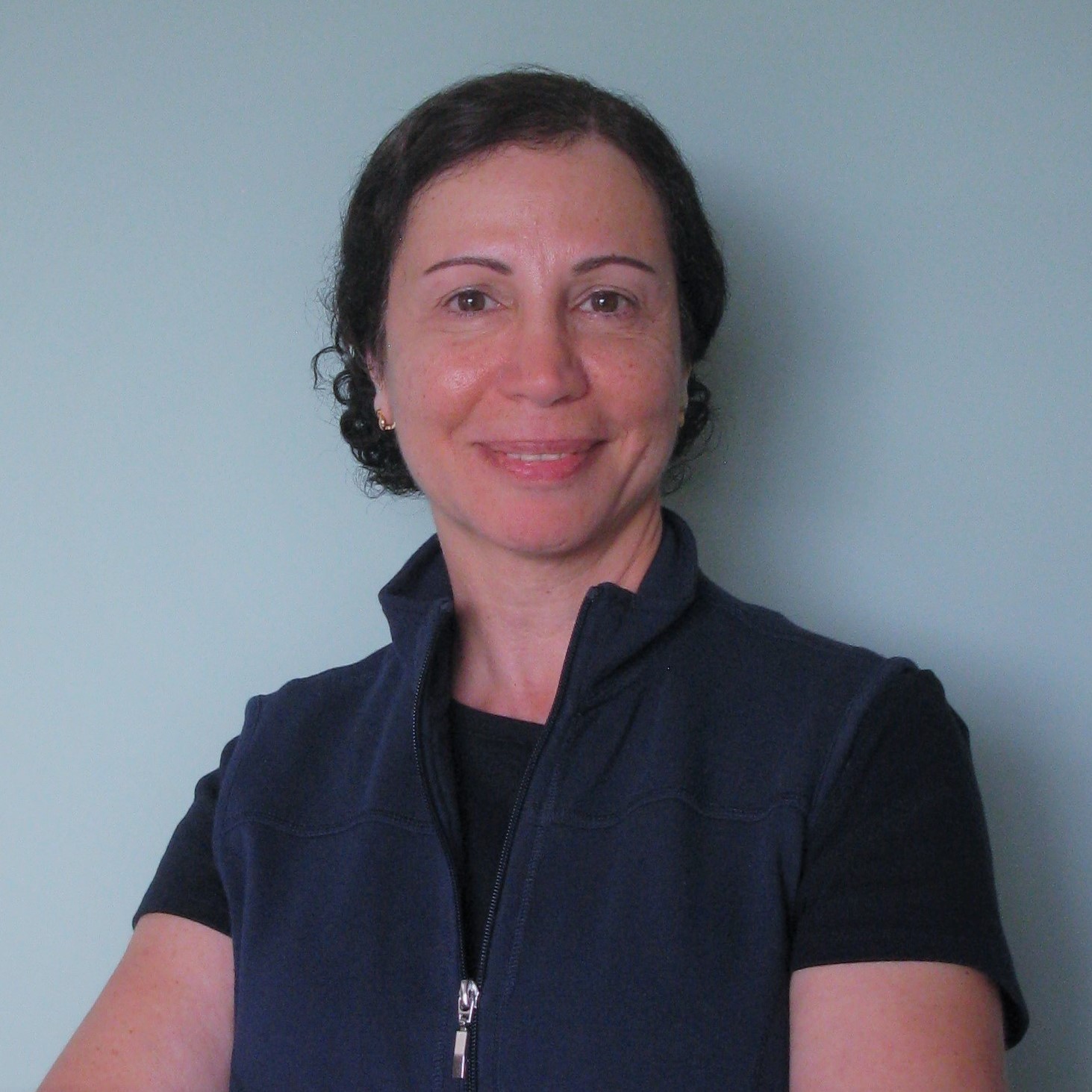
The third and current PhD Program Director as of July 2020, Professor Samia Chreim, Ian Telfer Professorship in Organization Studies, shares the same enthusiasm as her predecessor on these changes: “We have recently conducted a program revision based on the feedback we had received over the first four years of the program from various groups, including the students and the faculty members. As part of this revision, we have provided more flexibility to students in the choice of their courses. The addition of a 6th area of specialization, is giving students interested in our PhD program more choices.”
Professor Chreim also wanted to celebrate the efforts of her predecessors and all people implicated in the creation of the Telfer doctoral program. “The launch of the PhD program in 2016 was the culmination of the dedicated efforts of many people who were consulted extensively, both internally and externally,” added Professor Chreim. “The program has grown over the years and is now the program of choice for nearly 40 PhD students, who are working with accomplished researchers as their supervisors. The students have established a strong sense of community. They have also been very engaged in research, participating actively in conference presentations and journal publications.”
According to Professor Chreim, a testament to the sense of community and engagement in research is the Thesis Competition event, which the Telfer PhD and M.Sc. students organize and host each year with the help of Telfer’s Research Office.
The Echoes of the Program

As Interim Dean, Professor Michalowski was one of the first to congratulate Vusal and celebrate this important milestone of the program. “It was a great privilege and honour for me to announce our first PhD graduate. This program was long in the making and graduating a student seems like ‘reaching a destination’.” He continued: “Telfer’s PhD is our program, and I would like to thank all of my faculty colleagues, and staff in the Graduate and Research Offices for their hard work and commitment. Last but not least, I am very proud of our doctoral students. They will be Telfer’s ambassadors and will make us proud.”
Professor Michalowski, emphasized that the work is not yet done: “We need to work hard to ensure that the quality of the program meets students’ expectations, in order to attract the best and the brightest, and to ensure that the program contributes to Telfer’s research enterprise. The launch of the program strengthened our path towards research excellence - a catalyst of academic and intellectual debates at Telfer,” he concluded.
For Dean Julien, the success of the doctorate program is undeniable: “There is no doubt that the Program allowed us to recruit excellent, research-intensive faculty members who were attracted by the prospect of working with our researchers and supervising PhD candidates. The quality of the students we have recruited at the PhD level, and also in our research-based masters programs, has been excellent.”
This is only the beginning according to him: “Over time I expect the reputation of the PhD and, therefore, of the School will be confirmed by the excellence and reputation of the organizations where the graduates of this program will be hired and the impact of their work. We will track and promote the career of our PhD graduates with great interest!”
Since being involved in the program’s inception, Professor Barbara Orser shared where she hopes to see the PhD evolve in the future: “It would be great to see more PhD disciplines added, further integration of doctoral degree candidates in multi-disciplinary research portfolios, the creation of centres to support doctoral students, and Telfer to become the ‘go to’ School for prospective hires.”
The PhD program will be linked forever to Dean Julien’s legacy long after he stepped out of his 10-year tenure in 2020. The most important takeaway for him is that the institution will gain several benefits in the years to come. “I am happy I have been involved in some way in the process since the beginning,” he humbly added.
“I truly believe this program brings Telfer to a new level of excellence and that this program and its graduates will contribute in no small way in strengthening Telfer’s reputation as a leading business school in Canada and in the world!” he proudly concluded.
As Telfer is committed and united by a shared belief that better business means a better Canada, the PhD program and its contribution to the academic world will more than ever foster a greener, healthier, happier, and wealthier Canada for all.

